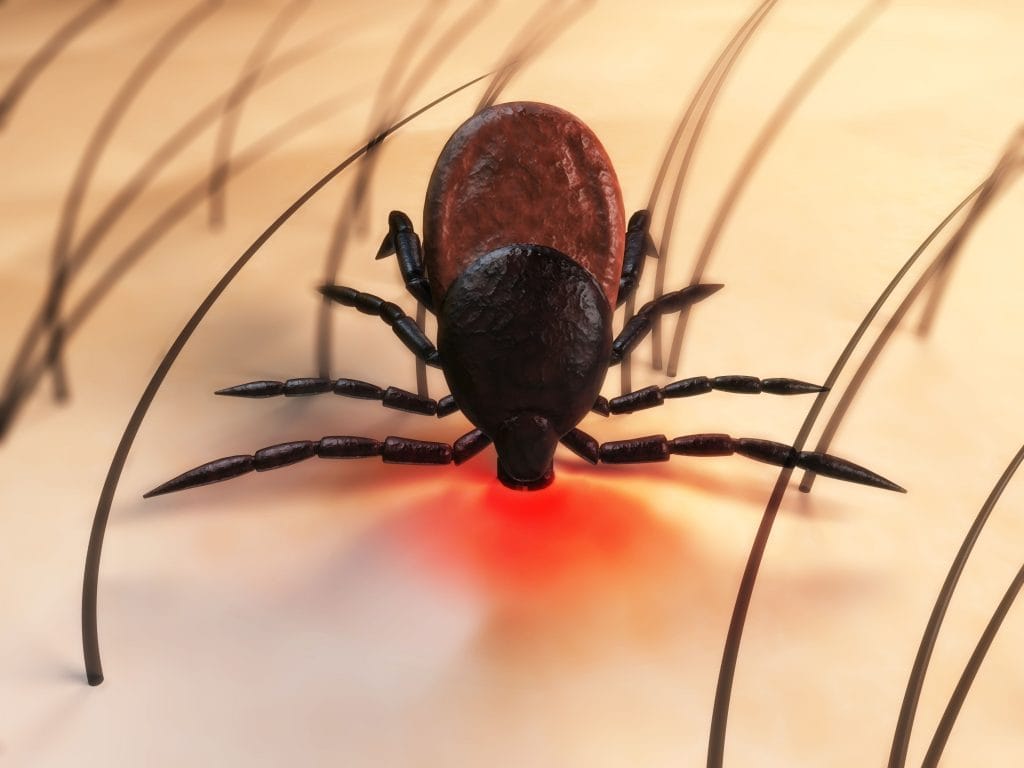Doubts have been raised over the vaccine for Kyasanur forest disease (KFD) — also known as monkey fever — as it has been found that numerous infected individuals had previously been vaccinated.

State health minister Shivanand Patil raised concerns. In the last three months Karnataka has reported twelve deaths among 212 individuals infected with monkey fever. The outbreak has occurred in a similar pattern to one seen in Maharashtra.
The vaccination campaign in Karnataka has come under fire for being ineffective in the past. Patil has suggested a lapse in protocol for vaccination is to blame for the outbreak. Patil stated, “It has come to my notice that there have been lapses committed by the Health Department…The focus is on restricting the spread of the disease once again.”
Common protocol is to administer the vaccine within a ten kilometre radius of any known infected people or infected monkeys. In some instances in Karnataka, the vaccine has only been administered to those within a five kilometre radius, leaving the potential for the virus to leapfrog between villages and spread the disease in a chain reaction.
“Of the fourteen deaths, twelve were caused by KFD. Results are awaited in the case of two other deaths. At least two cases of vaccinated people getting infected have been reported. They were also on booster doses,” Patil said. “We need to examine all aspects pertaining to KFD. Shiravante, Araladodu and Avinahalli village panchayats of Sagar taluk have been affected during this outbreak.”
The fact that even vaccinated individuals are dying of the condition implies that many of the infected who have not died were also vaccinated. This calls into question the efficacy of the currently used vaccine, as well as the prevention campaign strategy.
The health department has formed a committee headed by former bureaucrat Madan Gopal to establish the most effective means to proceed in combating the disease.
One major criticism has been that the currently used vaccine requires boosters on a yearly basis. For many villagers, these booster shots are neglected, reducing their ongoing resistance to the disease. In the two instances where vaccinated individuals have died, they were confirmed to have received booster shots, warranting a further investigation.
“We need to work on a vaccine that boosts the immunity for five years, a vaccine that can be taken once in five years,” said Madan Gopal. The committee has agreed more work needs to be done to investigate why there has been such a surge in disease cases over the last couple of years.

